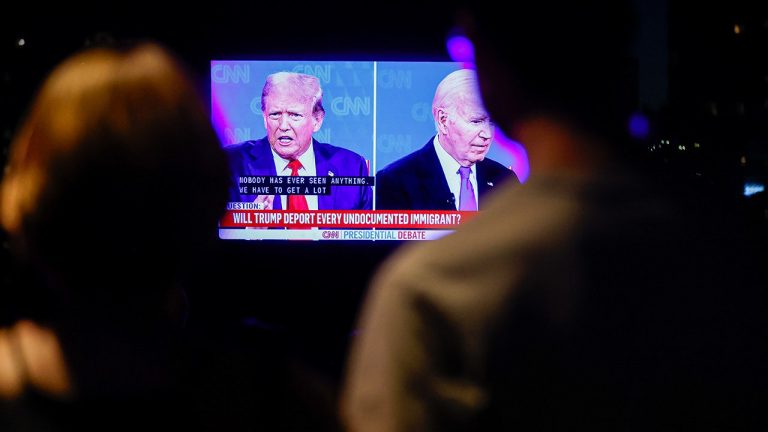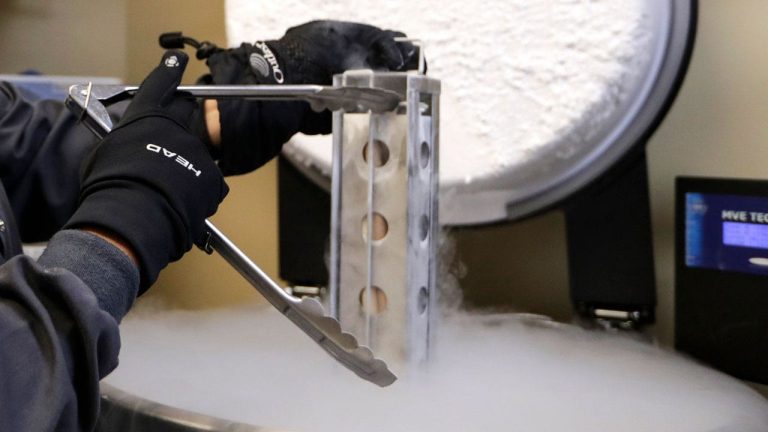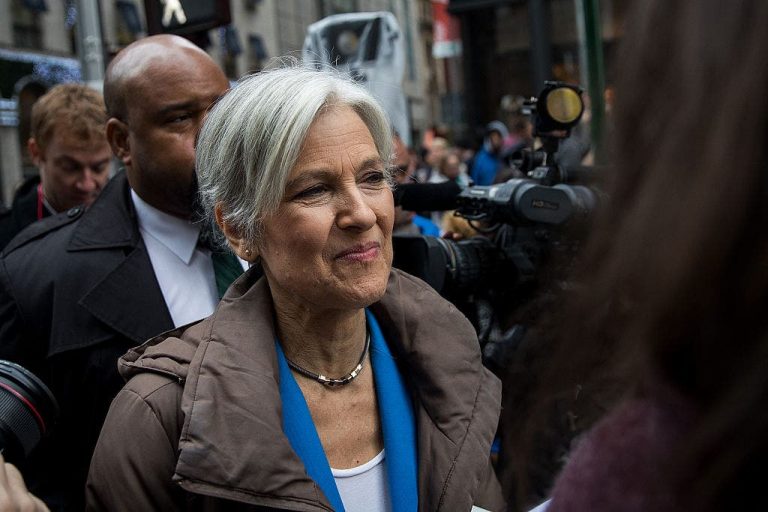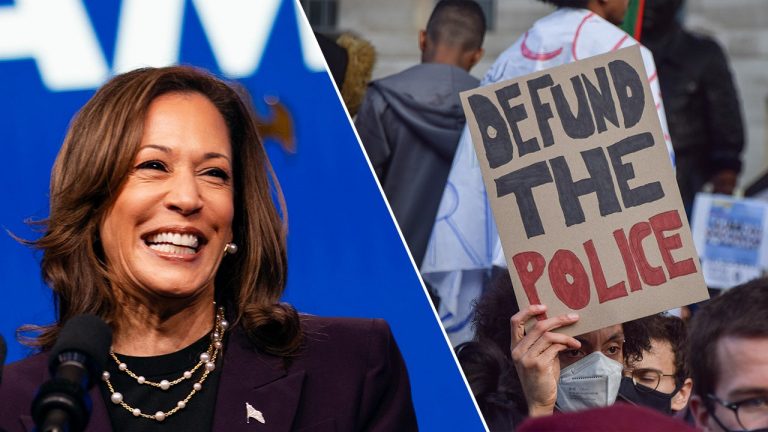House must decide on removing Speaker Johnson due to vote forced by Marjorie Taylor Greene.
House Squashes Effort to Oust Speaker Johnson
During a recent session, the House of Representatives shut down a move by Reps. Marjorie Taylor Greene and Thomas Massie to prompt a House-wide vote on ousting Speaker Mike Johnson. Greene, in a surprise move, attempted to force a vote on her motion to vacate the chair, a procedural step that would allow for the vote on Johnson’s removal. She labeled her resolution as “privileged,” giving House leaders two legislative days to address it.
However, House Majority Leader Steve Scalise promptly called for a vote on tabling Greene’s motion, effectively putting an end to it before the vote on Johnson’s ouster could take place. The table vote passed with overwhelming support from both Democrats and Republicans, with 359 votes in favor and 43 against, thus avoiding a direct vote on Greene’s motion. Only 11 Republicans and 32 Democrats dissented from tabling the measure.
On the Republican front, Johnson garnered the support of 196 members, while 163 Democrats also voted to shield him from being ousted. The Republican side of the chamber erupted in cheers when Greene’s attempt was quashed.
After the vote, Johnson expressed gratitude for the confidence shown by his colleagues in defeating the motion. He reaffirmed his commitment to his duties as Speaker and stated that he intends to continue doing what he believes is right.
Greene refrained from disclosing whether she planned to make another attempt but accused Johnson of being aligned with Democrats following their intervention to save his position.
Greene had been hinting at forcing a vote on removing Johnson since late March, citing his handling of government funding and foreign aid as the reasons for her discontent. Her motion, known as a motion to vacate the chair, will now either be voted on or tabled after its designation as “privileged.”
Despite the tension in the House chamber during Greene’s speech listing her grievances against Johnson, the vote is expected to fail, with opposition from both Republicans and Democrats. The move to oust Johnson was fueled by frustration from conservative members who felt sidelined by him on key legislative matters.
Greene’s efforts gained traction with the support of Reps. Thomas Massie and Paul Gosar after Johnson pushed through a foreign aid bill on bipartisan lines. However, the majority of House Republicans showed little interest in a potential leadership change at this juncture, wary of the repercussions it could have so close to the upcoming election.
Unlike past instances where Republicans crossed party lines to oust a Speaker, Democrats have vowed to stand by Johnson and vote to table the resolution, effectively preventing a direct vote on his removal. Critics of Johnson seized on this support from Democrats as proof that he was not representing the interests of his own party.
Johnson, facing threats from Greene, remained resolute in his focus on governance, insisting that he was undeterred by the attempts to dislodge him from his position.
Overall, the House’s decision to quash the motion to oust Speaker Johnson underscores the prevailing unity, albeit bipartisan, to maintain the status quo and focus on legislative responsibilities ahead of the impending election.
Follow on Twitter at @liz_elkind and send tips to elizabeth.elkind@fox.com








